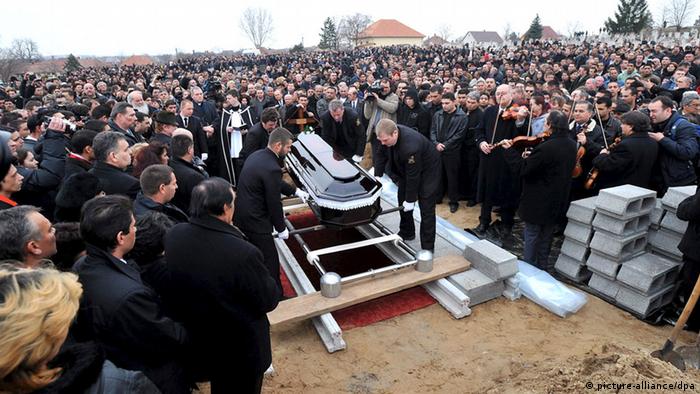By Brandon Cottrell
Impunity Watch Reporter, North America
MEXICO CITY, Mexico – Over the weekend Mexican authorities arrested two members of competing drug cartels. Mario Nunez, member of the Sinaola drug cartel, was arrested on Friday for the murders of 350 people in 2011. Alberto Carrillo, member of the Juarez drug cartel, was arrested today for drug trafficking, murder, and money laundering. Neither Nunez nor Carrillo resisted arrest.

Carrillo’s Juarez drug cartel is considered by many as one of the most powerful and violent cartels in Mexico. As of late, however, the Juarez cartel has lost some of its drug routes to Nunez’s Sinaola cartel. The rivalry between the cartels has contributed to the drug war in northern Mexico, where large fields of marijuana and heroin-producing poppies are located. The drug war there has left thousands of people dead over the past few years and minimal arrests have been made in those murders.
Eduardo Sanchez, a federal security spokesman, said that “Nunez played a key role in the wave of violence that has plagued northern [Mexico] . . . and is likely responsible for the murder of more than 350 people found in 23 clandestine graves.” Authorities believe that Nunez also hired hitmen to carry out some of the killings, which included mutilations and decapitations of the victims.
Nunez, who could face up to 40 years in prison in Mexico, is also wanted in the United States on drug trafficking charges. It is not clear, however, if the United States will send an extradition request for him.
Over the past six years, over seventy-thousand people have died as a result of drug-related violence in Mexico, with many of the victims being civilians. However, Carrillo’s arrest marks the third high-profile drug cartel arrest this year as authorities have intensified their campaign against the cartels.
Additionally, with Nunez’s arrest Mexican authorities have captured 63 of Mexico’s 122 most wanted and dangerous criminals. Many of those arrests can be attributed to President Pena Nieto’s promise to tame the cartels and restore order. However, nearly half of the Mexicans questioned in a recent poll believe that drug violence has worsened since Nieto took office in December and an another third believe that Mexico is less safe as a result of Nieto’s strategies.
For more information, please see:
BBC – Juarez Cartel Boss Alberto Carrillo Caught in Mexico – 2 September 2013
Daily Mail – Drug Cartel Leader Nicknamed ‘Ugly Betty’ is Captured in Latest Round of High Profile Arrests by Mexican Police – 2 September 2013
Fox News – Mexico Captures Suspected Leader Of Juarez Drug Cartel – 2 September 2013
Global Post – Mexico Detains Cartel Operator Mario Nunez Meza Tied to 350 Murders – 30 August 2013
International Business Times – Mexican Drug Lord Mario Nunez Arrested for 350 Murders – 30 August 2013



